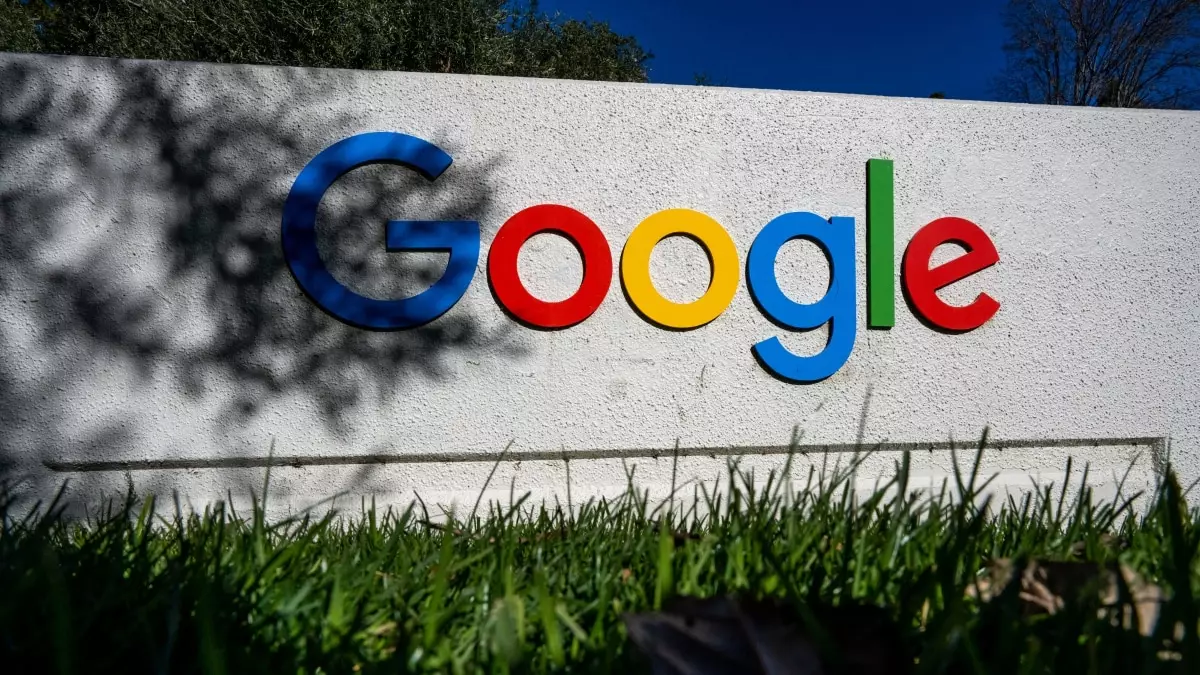In an era where artificial intelligence looms large over almost every sector, Sundar Pichai, the CEO of Alphabet Inc., articulated a refreshing perspective at the Bloomberg Tech conference in San Francisco. He asserted that human talent remains central to Google’s identity and aspirations—even as the company surges ahead with aggressive AI investments. While detrimental layoffs have become a grim reality for many tech giants, such as Microsoft, which continually trims its workforce to finance its extensive AI projects, Pichai exudes a contrasting optimism. He envisions a future where engineers at Google will not only retain their jobs, but also see their productivity skyrocket—freeing them from the trappings of routine tasks. Indeed, the human touch remains irreplaceable in tech, and it’s a stance that poses a challenging dichotomy in a landscape increasingly dominated by automation.
Pichai’s commitment to sustaining and expanding Google’s engineering workforce into 2026 illustrates a poignant reminder that not all companies are steered solely by the immediate cost-cutting mentality that plagues the tech industry today. The soft-spoken CEO embodies a forward-thinking mindset, emphasizing that the goal isn’t to replace human labor with machines; rather, it’s to empower skilled workers to achieve greater heights through enhanced AI tools. This is a significant departure from the dystopian narratives often projected in the media regarding job redundancy—fueled by sweeping layoffs and rampant speculation.
AI: A Double-Edged Sword
At the same conference, Pichai offered a candid assessment of the current capabilities and limitations of AI technology. While he expressed fervor for future advancements, he didn’t sugarcoat the present shortcomings. Models can falter in elementary tasks, a fact that should instill caution rather than fear. The yearning for artificial general intelligence (AGI)—machines that can replicate human reasoning and creativity—remains tantalizing, but also perilous. Pichai acknowledges that not even the brightest minds can assure us we are on a steadfast path towards AGI.
This duality of excitement and trepidation also extends to how AI is reshaping information dissemination. With more AI-driven outcomes appearing in its search results, Google faces a growing outcry from publishers alarmed that their content visibility is diminishing. Despite this, Pichai remains resolute in his commitment to ensuring websites are still showcased prominently, advocating for a balanced ecosystem where creators are acknowledged. In a world where technological advertising ogres like Google often minimize the value of content creators, Pichai’s pledge to maintain traffic to publishers is a commendable stand that could foster a healthier digital landscape.
Navigating the Implications of Military Partnerships
Adding another layer of complexity to the tech landscape is the evolving relationship between Silicon Valley and the U.S. military. Meta’s Chief Technology Officer, Andrew Bosworth, recognized this cultural shift, which now seemingly embraces military collaboration. As tech firms like Meta partner with defense contractors, producing AI-enhanced devices for military use, a question arises: should innovation serve the military-industrial complex? While economic and patriotic fervor drive these partnerships, they risk prioritizing profits and innovation over ethical implications.
The unmistakable shift towards militarism in technology raises significant ethical concerns. Can companies dedicated to innovation maintain integrity while contributing to military endeavors that, in essence, prepare for conflict? Bosworth’s assertion that Silicon Valley’s support is underpinned by patriotism may ring hollow to many who fear that this collaboration could lead to a dangerous militarization of technology, placing profit above humanitarian considerations. Such partnerships could propel advancements that benefit society but simultaneously invite scrutiny and moral dilemmas.
The Future of Tech: A Call for Balanced Responsibility
As AI continues to evolve and intertwine with various aspects of daily life, the importance of balanced responsibility becomes paramount. Companies like Google and Meta stand at a crossroads: they can either champion innovation in a manner that enhances humanity or allow their rapid growth and technological prowess to dictate their ethical compass. The future lies in finding a harmonious equilibrium where human talent thrives amidst technological enhancement, and where innovation does not come at the cost of ethical standards. In this movement toward the next technological epoch, it is the fundamental duty of leaders in the tech space to ensure that humanity and ethics are at the forefront of their innovations.

